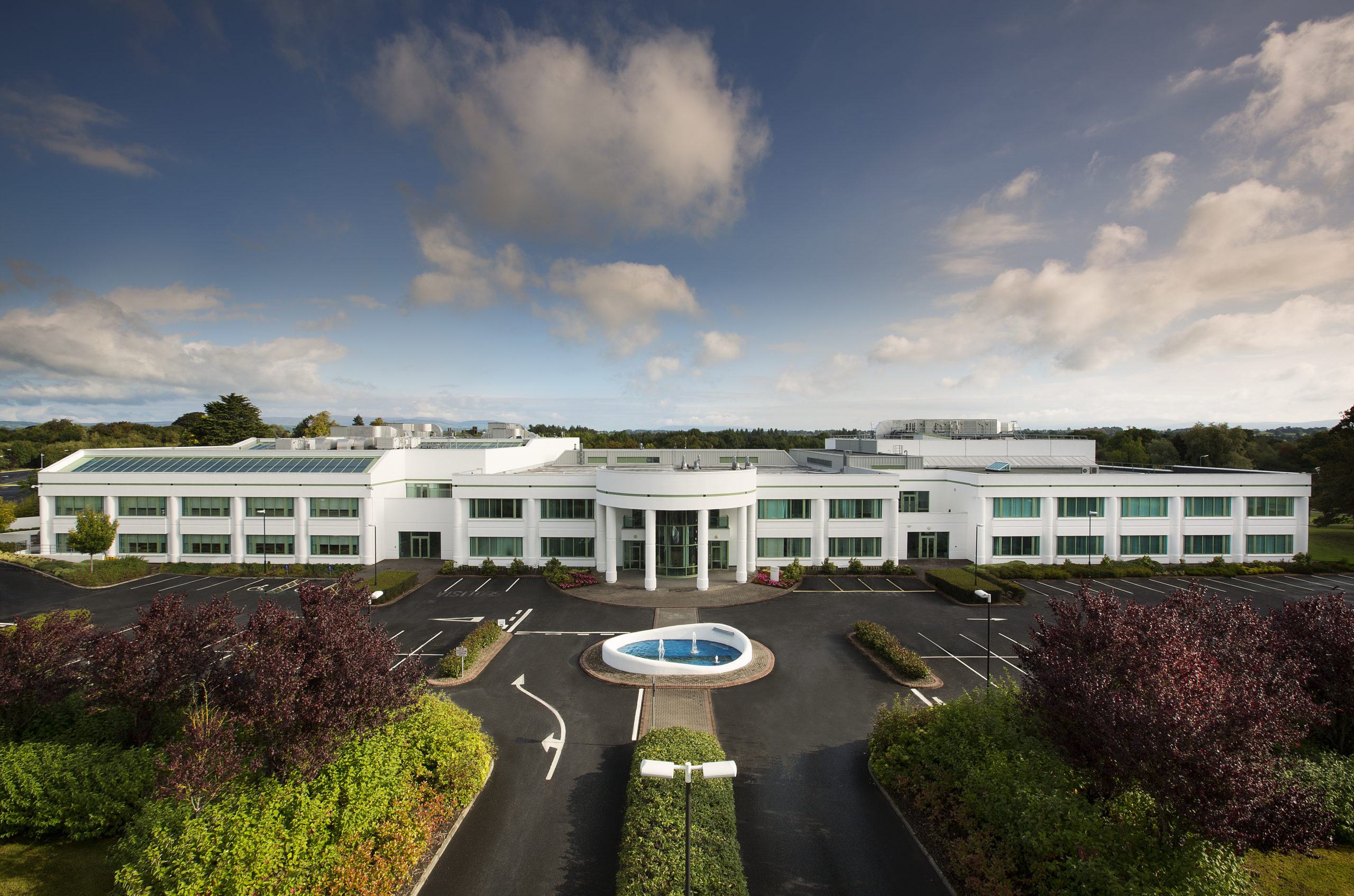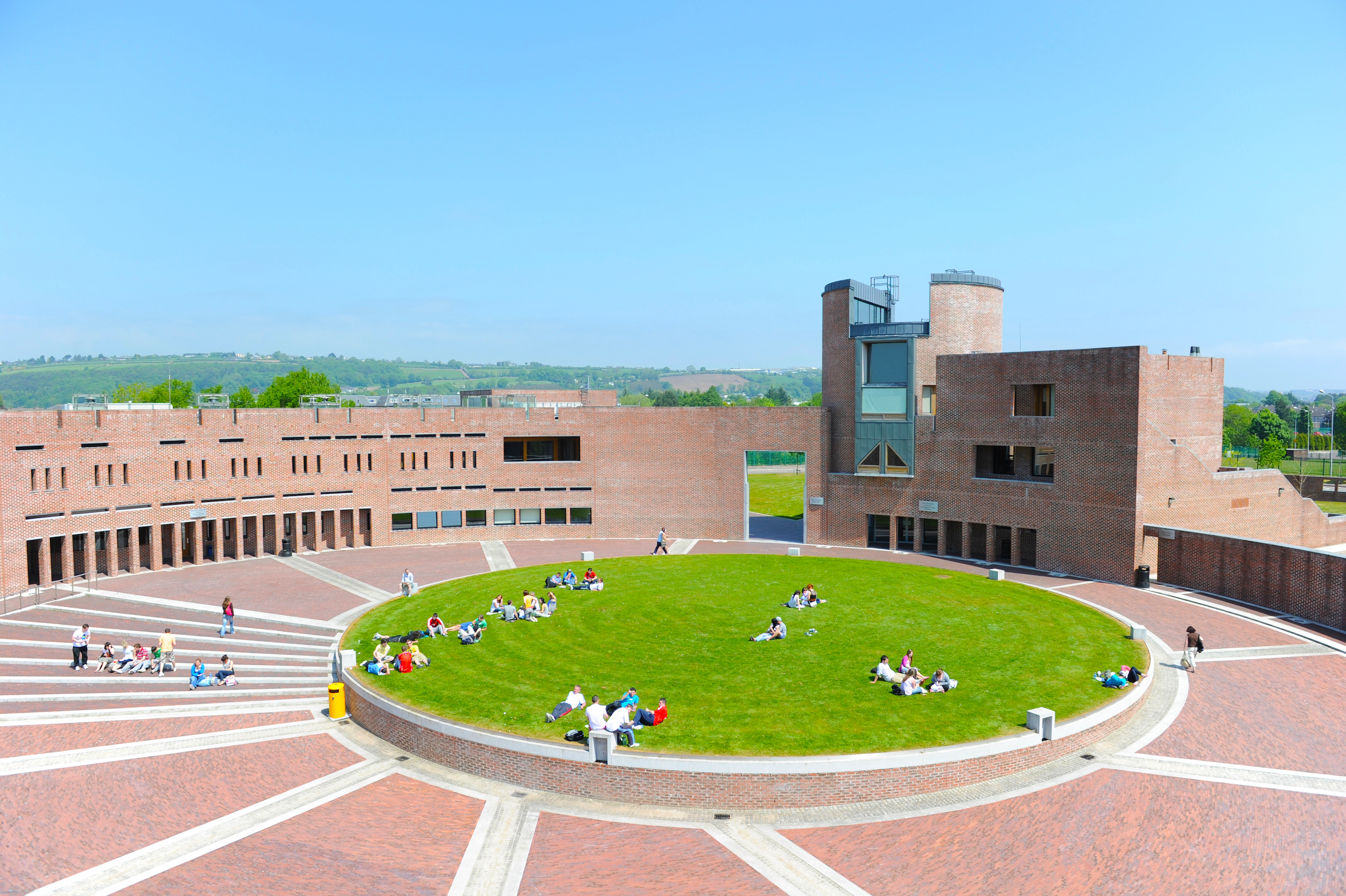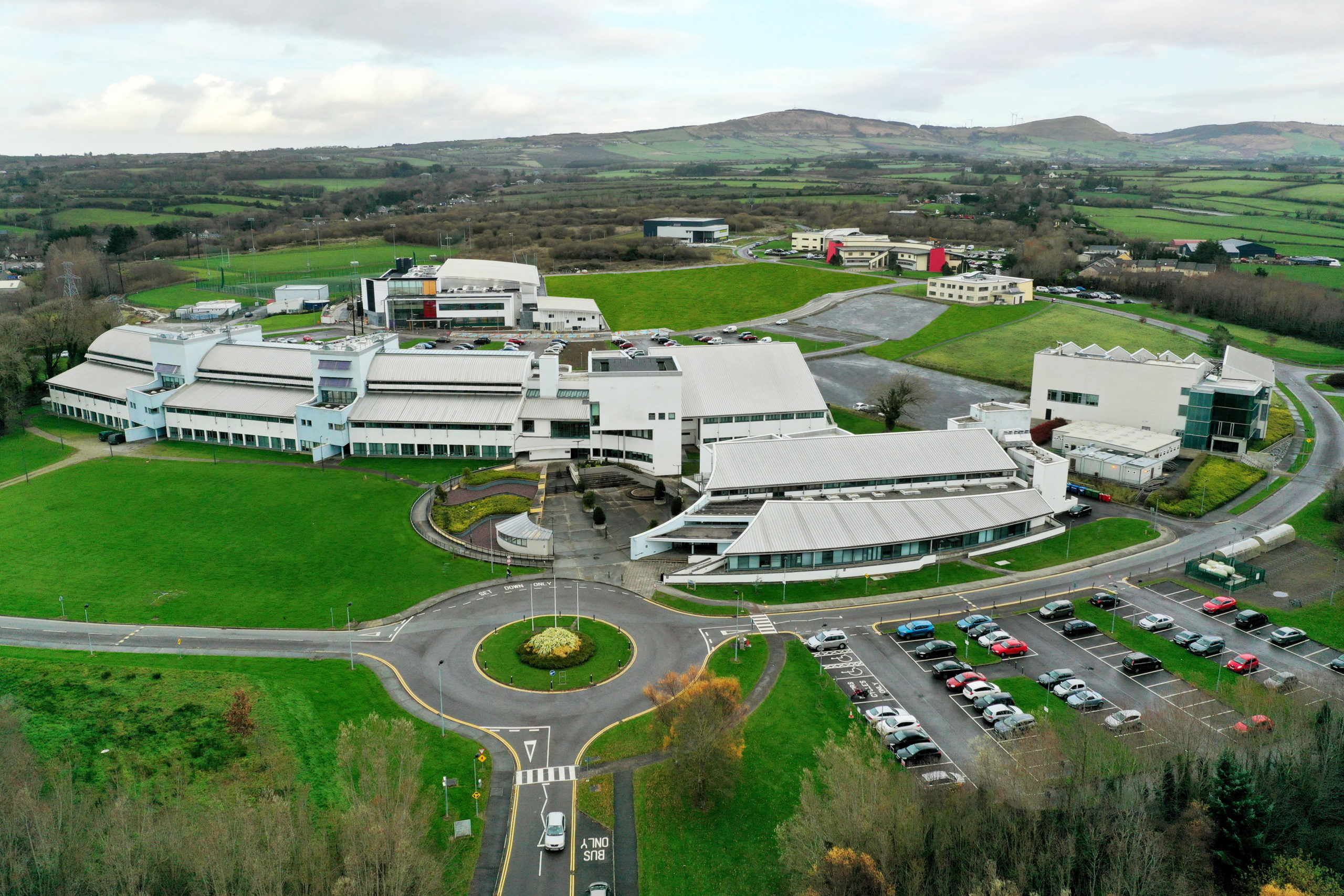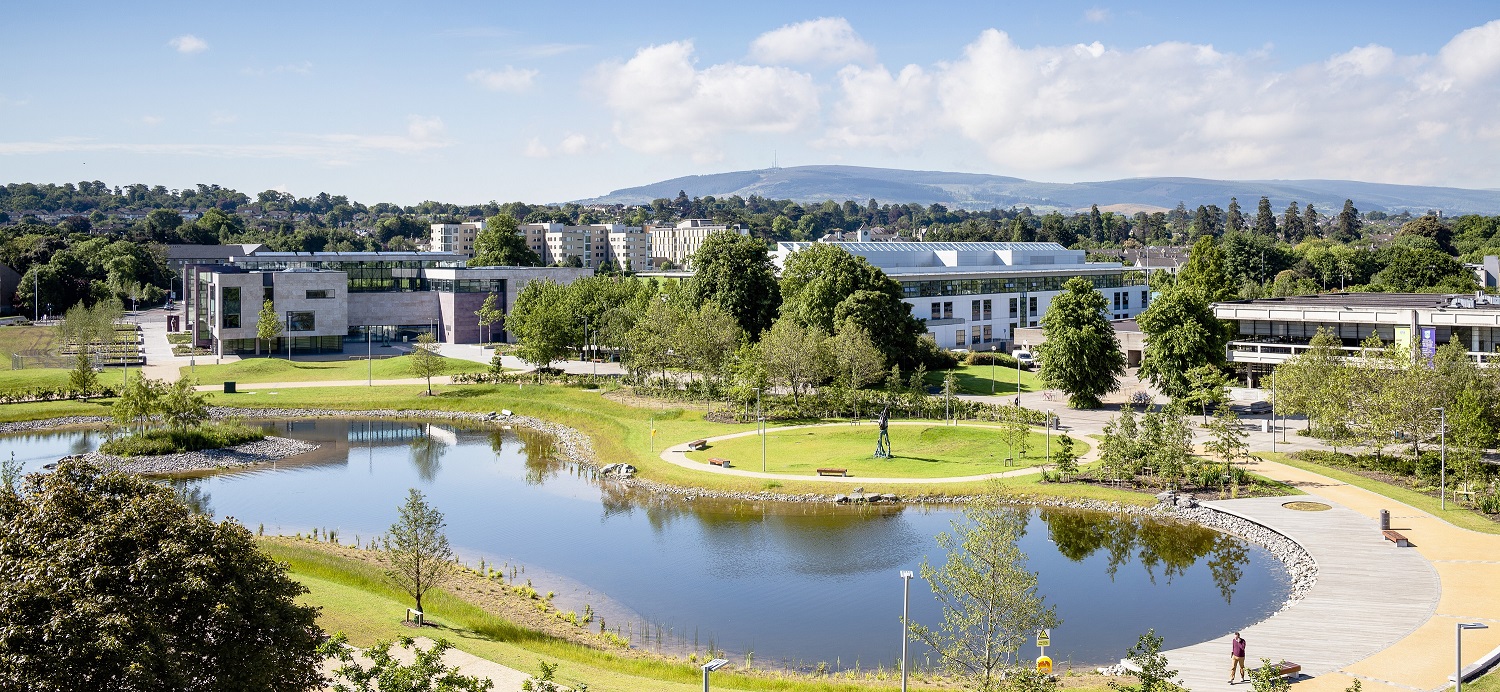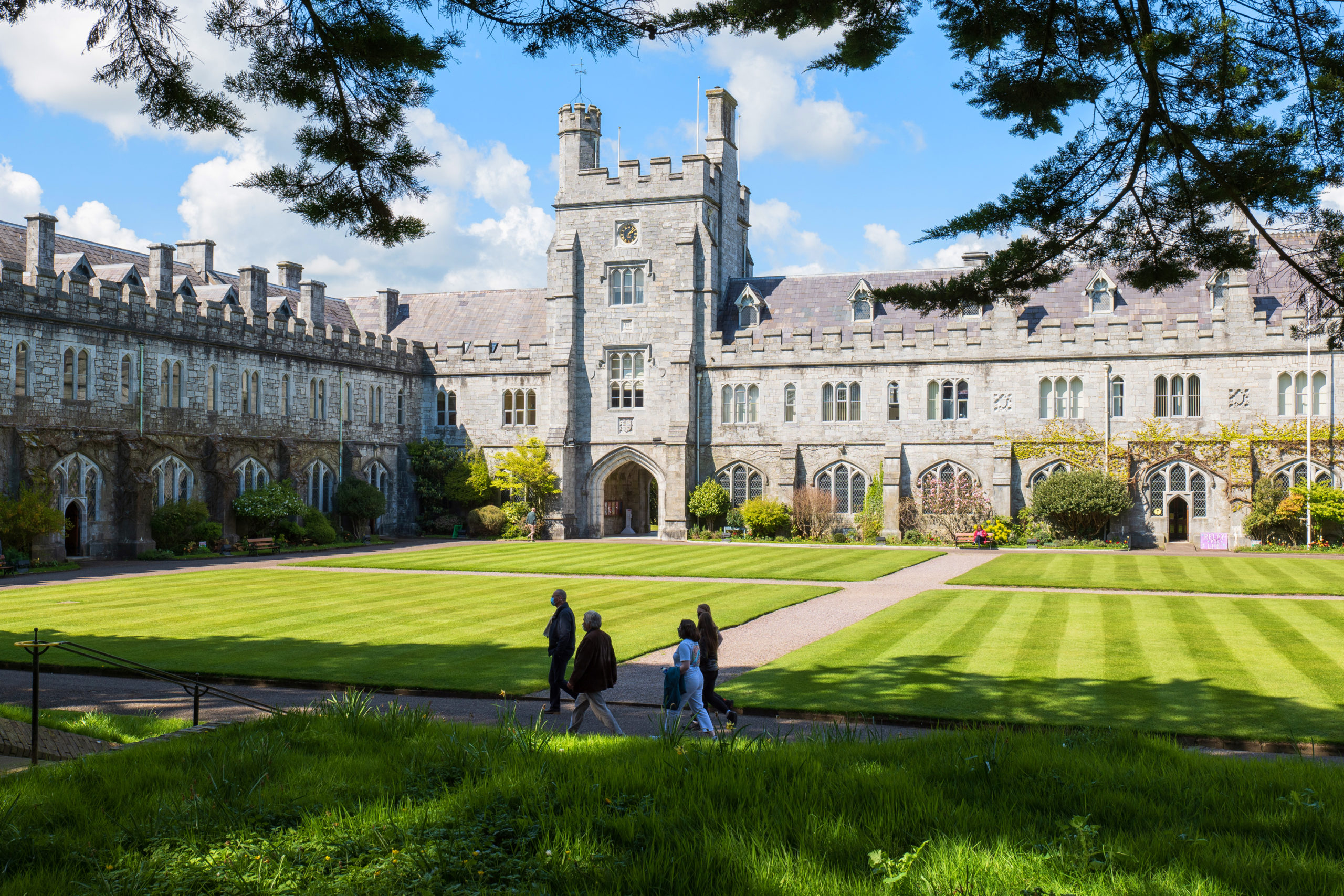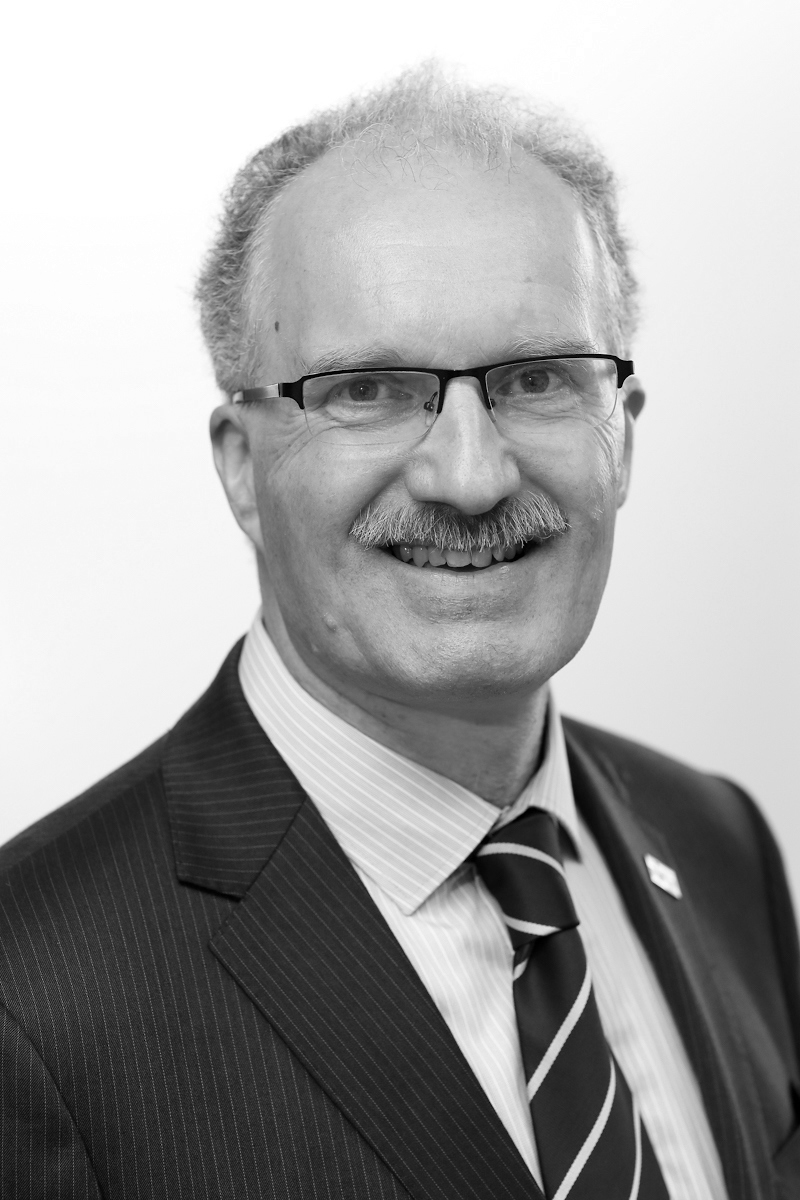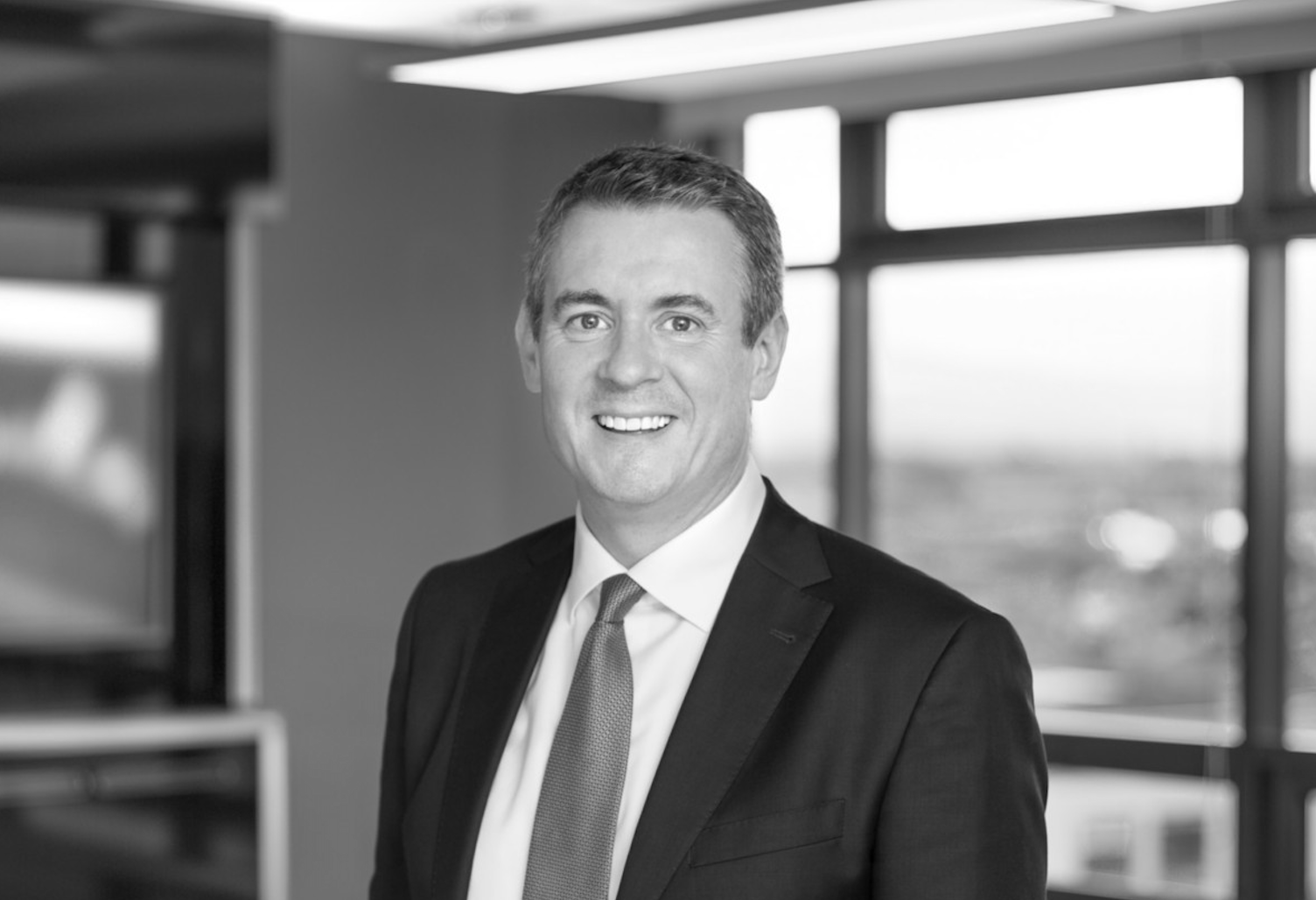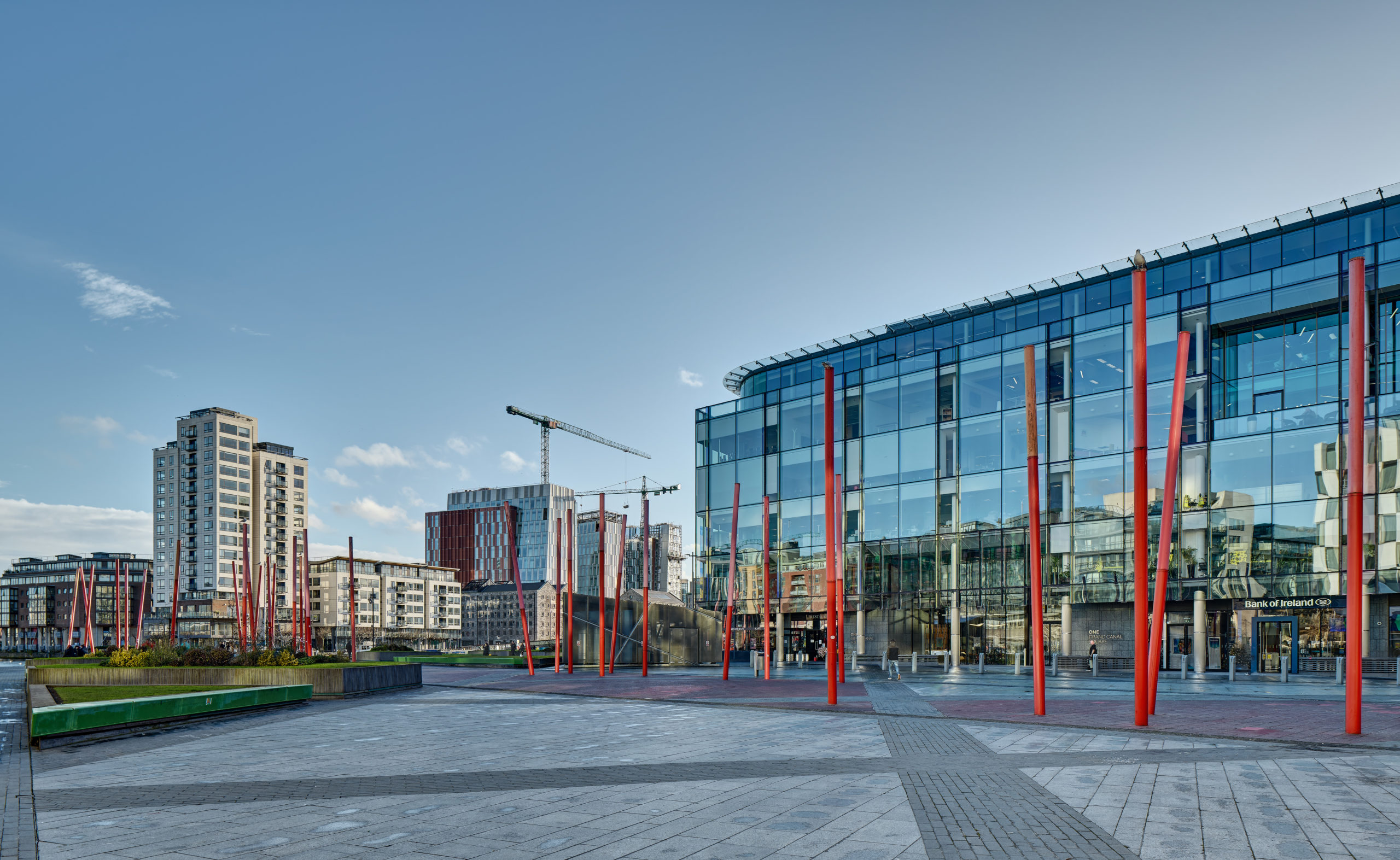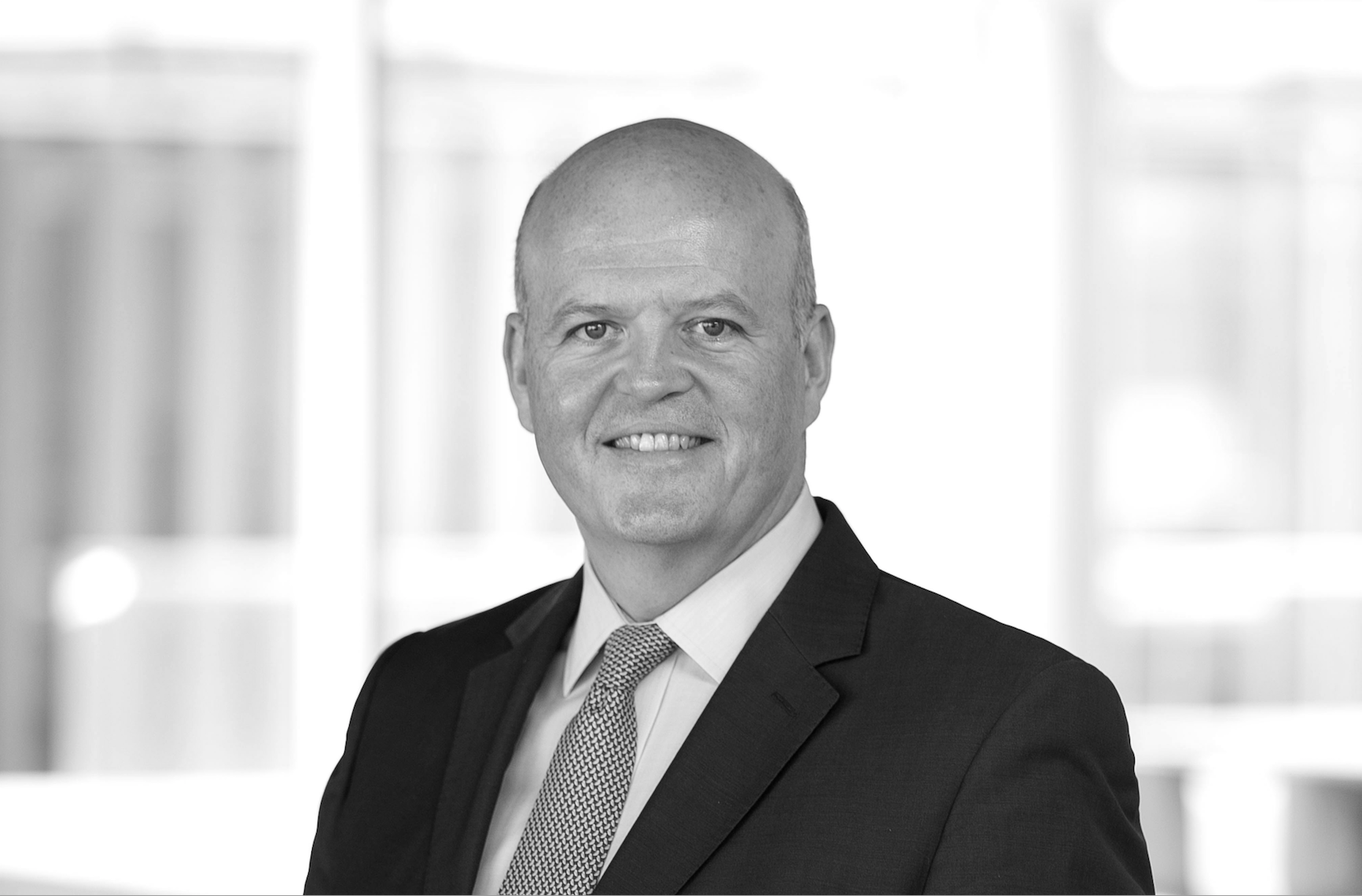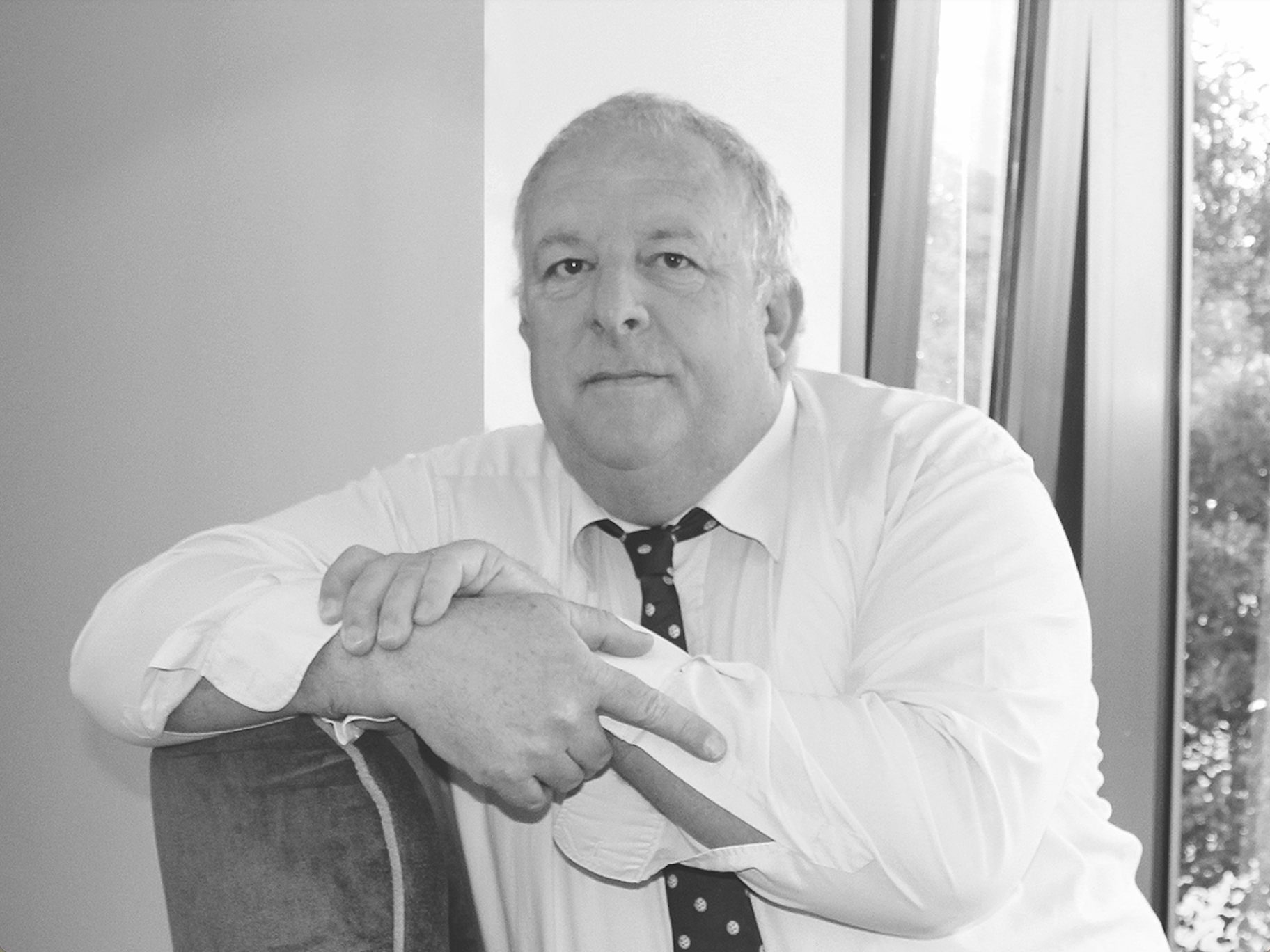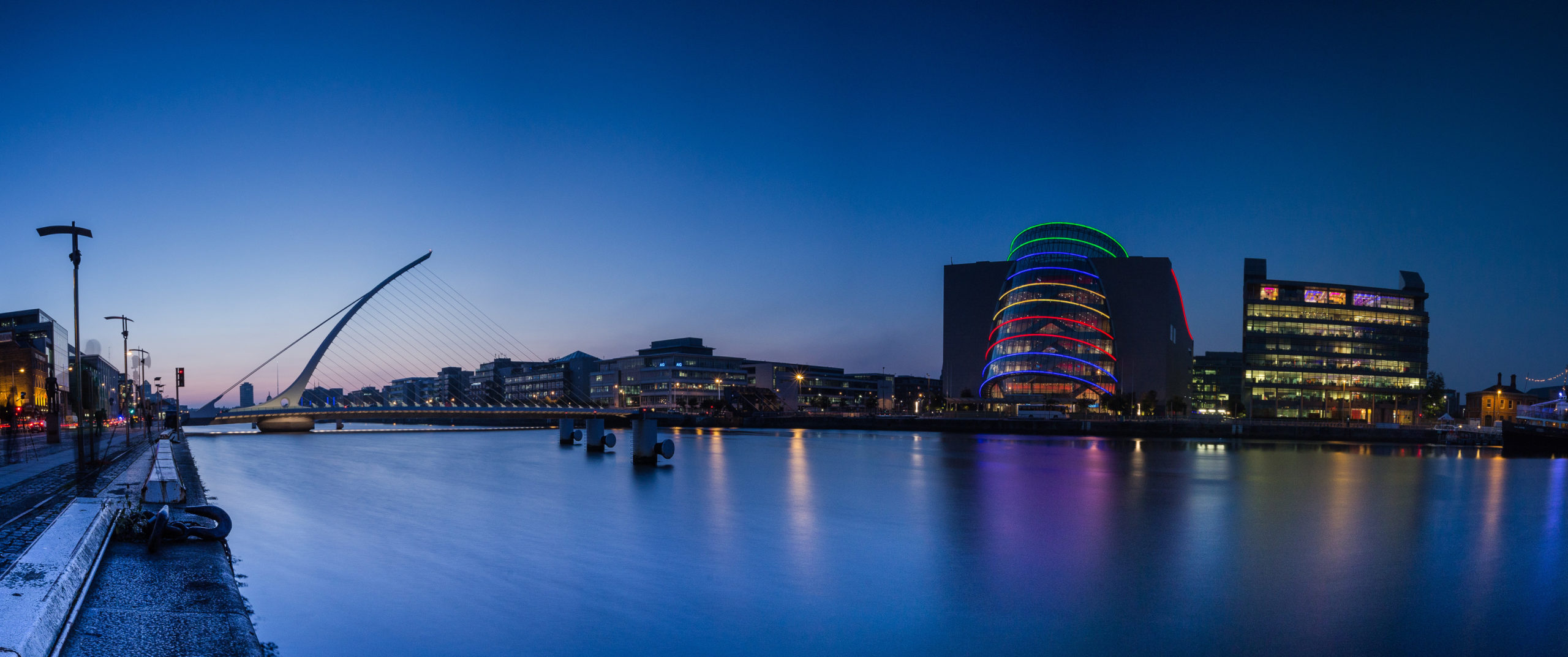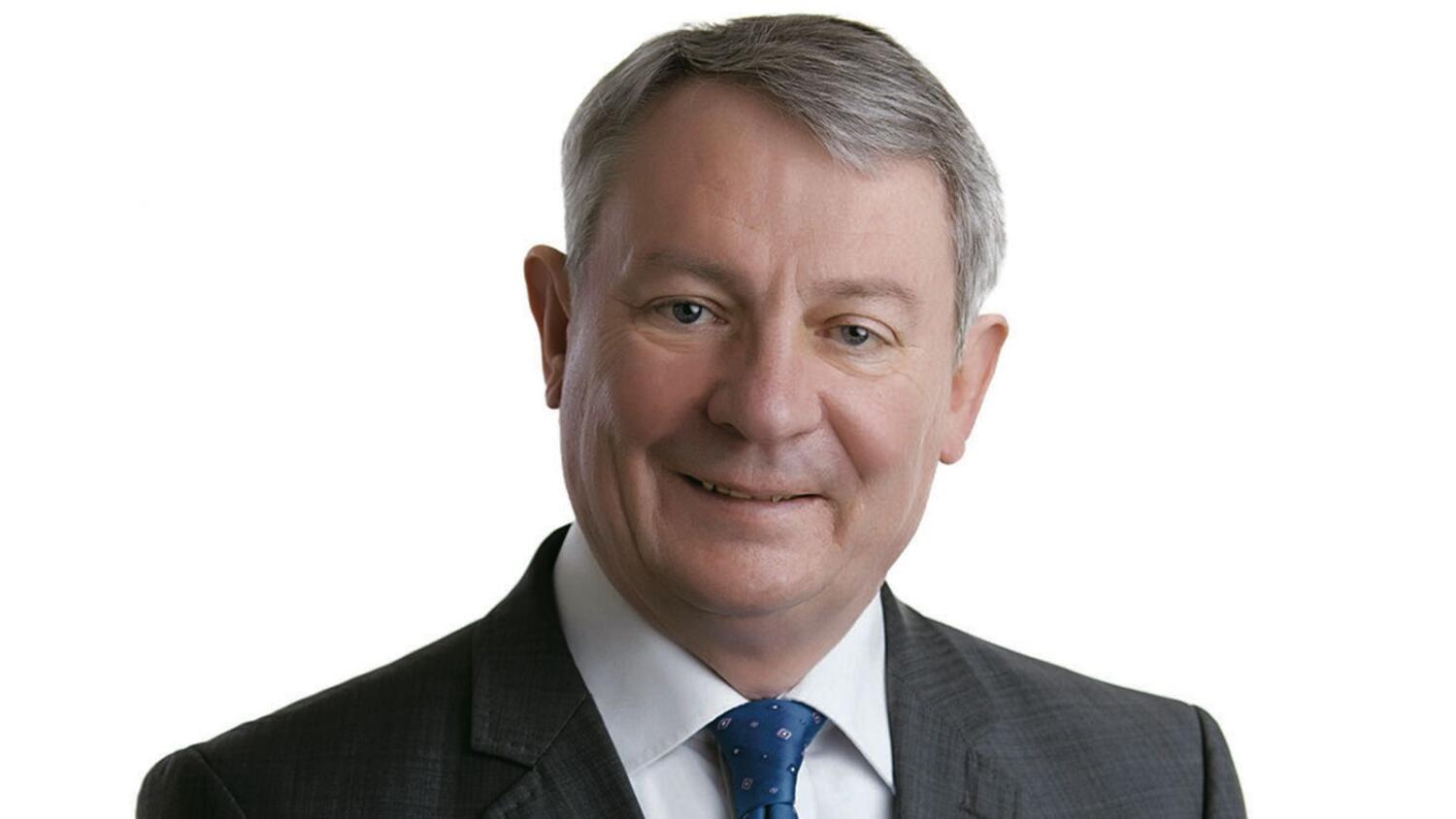Since the day the Pharaohs commissioned the Great Pyramids of Giza, Egypt has been home to vast mega-projects. Today is no exception, with the Suez Canal to the ongoing New Administrative Capital, presented as the biggest planned city of all time, Egypt has been living up to its Ancient ancestors. In March 2015, Egyptian Minister of Housing, Mostafa Madbouly announced the ambitious large-scale plans for a new capital of Egypt. The new development promises to mitigate the congestion in Cairo, one of the world’s most crowded cities, and help lessen the burden of continuous traffic jams, overcrowding, and pollution.
The New Administrative Capital promises all the benefits of a Smart City, and the mission is directly in line with President Abdel Fattah El-Sisi’s new economic plans for Egypt. The new capital will be carved out of the desert, located just 45 kilometers east of Cairo in a largely undeveloped region on route to the seaport city of Suez, and covering 708 square kilometers of land. After years of sluggish growth in Egypt, the wheels are set in high gear with massive infrastructure development projects. The New Administrative Capital is progressing at breakneck speed, and also comes along-side a revitalization of Egypt’s road network, widening highways and building better connectivity to remote locations.
The city has the aim to become the new administrative and financial capital of Egypt, housing the majority of government departments, ministries, and foreign embassies. Over 50 embassies and diplomatic missions have already requested to relocate to the new city. With cranes hovering over the new city, the project’s first phase is set for completion in 2019, which will have eight residential districts. However, with the basic apartment starting at EUR 50 000, the majority of Egyptians will be priced out.
Upon total project completion, the city is to house 6.5 million people, which will consist of 21 residential districts, 25 dedicated districts, skyscrapers, a tall monument resembling the Eiffel Tower and the Washington Monument, a mega-mall, Africa’s tallest tower (at a record height of 354 meters), and Egypt’s tallest minaret and church steeple. The New Administrative Capital will act as the first smart city in Egypt, featuring sensors reporting smoke and fire to emergency services and a “smart traffic system.” In addition, the New Administrative Capital will be home to a park twice the size of Central Park in New York City (estimated to become the world’s largest park), and also have several artificial lakes, a technology and innovation park, 2 000 educational institutions, over 600 hospitals and clinics, over 1 200 mosques and churches (including the largest cathedral on the continent of Africa), 40 000 hotel rooms, an international airport, 90 square kilometres of solar energy farms, a theme park four times the size of Disneyland, a cultural complex with an opera house, and an electric rail link directly to Cairo. The new city was an original masterplan by USA architects Merrill, Owings, and Skidmore.
Between 2020 and 2022, it is projected that the transfer of a presidential palace (eight times bigger than the White House in Washington D.C.), a new parliament, ministries, a central bank, foreign embassies, and business districts, will commence, costing EUR 42 000 million for the total project. The initiative follows in the footsteps of other capitals moving from old to new, such as Rio de Janeiro to Brasilia in Brazil, Lagos to Abuja in Nigeria and Yangon to Naypyidaw in Myanmar. Egypt’s Desert Dreams: Development or Disaster? by David Sims states that the new district will be a combination of “Pharaonic and Islamic architectural styles,” with streets following a more curvilinear pattern rather than grid format, as seen in many modern cities. This will highlight a particular Middle Eastern urbanism.
Stakeholders of the New Administrative Capital include ACUD (51% Egyptian military and 41% Egyptian Housing and Urban Development Ministry). In addition, Egypt sought out civil and private company involvement to lessen the burden of costs associated with the new development. China State Construction Engineering Corporation (CSCEC) signed an agreement with Egyptian authorities to develop a central business district in Egypt’s new administrative capital. Arab Contractors, an Egyptian company, is responsible for building the sewage lines and constructing the water supply for the new city. Additional stakeholders include Chinese and Emirati businesses. Egyptian officials are still encouraging additional foreign investment, and the government has mentioned that land sales will offset the cost of the project.
It is impossible to go a kilometer driving in Cairo and not see large-scale billboards advertising new developments, which typically sell in record time. The government envisions the properties in the New Administrative Capital will have a similar effect, and to some degree, their hopes are proving to become a reality. 70% of the New Administrative Capital’s first phase, encompassing 71 square kilometers, have already been sold. As well, the Minister of Higher Education and Scientific Research, Khaled Abdul Gaffar, has showcased how the Ministry continues to receive requests regarding the development of international universities, and receives inquiries from foreign investors, developers, and companies interested in getting a piece of the pie.
The New Administrative Capital is designed to become a new regional investment hub, and the ideal opportunity for those wanting to invest in real estate. Unlike in Cairo where appreciation is expected to decline, the New Administrative Capital’s prices are expected to be on an upward trajectory. The location is prime, as it is strategically close to Cairo, Sokhna and Ras Suder, and will remain the hub for everything governmental. Being a smart city, the infrastructure and quality will be state-of-the-art, and offer an array of services that are unparalleled. Furthermore, the fact that this new hub is government-supported and in high demand and booming, can reassure investors that it is a good bet.
However, national mega-projects such as the New Administrative Capital come at a cost for the average Egyptian, who particularly feel the additional burden as austerity measures are still in place. The poor and middle class are still dealing with the new taxes, high inflation and the elimination of government subsidies on energy. To some, having the government spend tens of billions while a major proportion of the population has been told to “tighten their belts,” appears contradictory. Nonetheless, the rapid expansion of Cairo is becoming a massive national concern, and the Egyptian government needed to implement some measures to lessen the burden and face the reality that the current ancient capital cannot absorb a rising population. Furthermore, the economic benefits of the project propel the construction and real estate sectors and bring additional life to the financial sector.
In addition, as the army will be in command and control the entire center of the New Administrative Capital, there will be additional security benefits to relocating to the new city. Analysts have suggested that having the army in command of the whole city via the center will insulate the government from future threats of an uprising. Finally, the new city will bring in additional foreign investment, global companies, and put Egypt more on par with the Gulf countries, which have had a rapid rate of change over the last twenty years.
The New Administrative Capital will be a legacy project of President Abdel Fattah El-Sisi, fostering social, economic and environmental positive change. The city will restore Egypt’s former glory as a leader in the Arab world.


